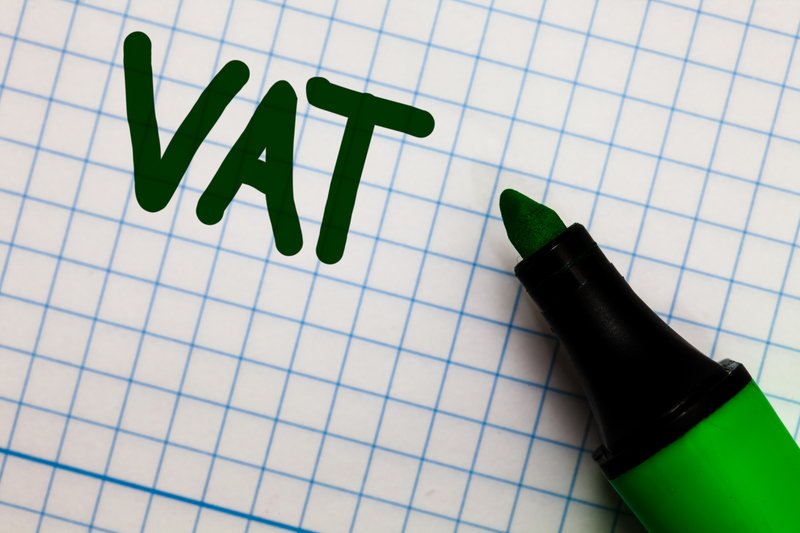If your business’s “taxable supplies” over the past 12 months have exceeded the VAT registration threshold, you should register for VAT.
From April 2024, the VAT registration threshold rose from £85,000 to £90,000. So, if at the end of any given month, the total value of all your taxable supplies over the previous 12 months exceeds £90,000, you should register for VAT.
“Taxable supplies” are any goods and services subject to VAT at any rate, including those that are zero-rated. Your taxable supplies will usually be the same as your turnover.
You should also register for VAT if you expect your annual turnover to exceed £90,000 in the next 30 days.
It’s easy for new business owners to get things wrong with VAT, so it’s worth reading; 21 Costly VAT Mistakes businesses make on their VAT Returns so you can avoid making these expensive errors.
Try HMRC’s VAT Registration Estimator
In July 2024, HMRC launched a handy VAT registration estimator tool which can help you work out the impact of registering on your accounts and your customers.
With over 300,000 VAT registrations recorded each year, HMRC says it created the tool following feedback from small businesses.
Business owners often worry about how VAT registration will affect their customers, particularly as they approach the annual threshold.
The tool shows the impact of registering for VAT on your accounts based on your sales and expenses.
You can adjust your inputs, use different VAT rates, and decide whether to absorb or add VAT to your selling prices.
Try out the estimator here!
Seeking permission not to register for VAT
If your business has crossed the VAT registration threshold but you believe this will be temporary, you can avoid registering.
To request permission not to register, you must write to HMRC explaining why you are doing so. You must explain why your annual turnover will not exceed the de-registration threshold of £88,000 (as of April 2024) and provide documentation to support your case.
Free Tide Business Bank Account - £50 Cashback!

Open a free business current account to qualify + enjoy 12 months free transactions. Read our Tide review.
If you are successful and HMRC allows you not to register on this occasion, you must inform them if circumstances change and your turnover exceeds the VAT registration threshold again.
Voluntarily registering for VAT may be beneficial
Even if you don’t have a legal requirement to register (i.e. your annual turnover hasn’t exceeded the VAT threshold), you may voluntarily decide to register for VAT.
If you are VAT registered, you can claim back VAT you’ve paid on any business purchases.
If your sales comprise zero-rated goods or services and you purchase standard-rated items, you can claim a VAT refund from HMRC. Even if you’ve not made any sales, you could still claim the VAT back on your purchases.
If you register voluntarily, you might even be able to reclaim some of the VAT you paid when you set up your business even though you weren’t VAT-registered at the time.
You should check the rules for reclaiming VAT on purchases made before registration on the HMRC website here.
Another potential benefit of being VAT-registered is that it may help give the impression that you run a larger company than is really the case, and this may enhance your image with clients.
You can read about the VAT registration process in detail at the HMRC site here. You can also register online.
Alongside the “standard” VAT scheme, if you are starting a new business, you should also consider registering for the Flat Rate VAT Scheme. This can offer a simpler VAT process and, depending on your business circumstances, some financial benefits.










